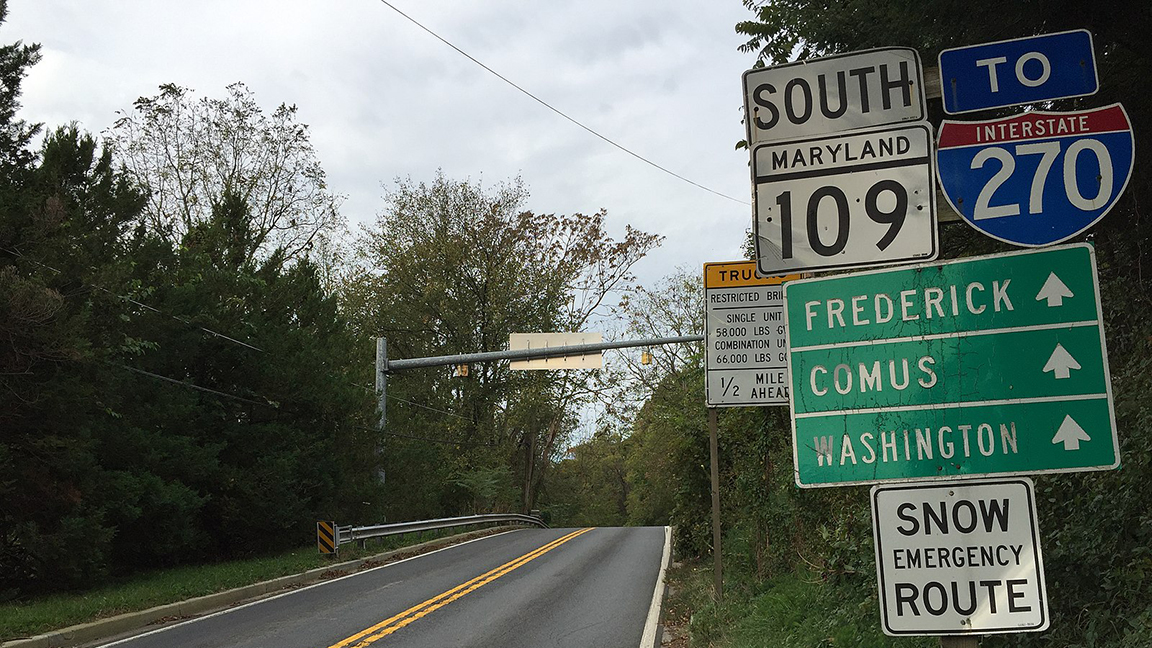Views expressed in opinion columns are the author’s own.
As someone who grew up in Montgomery County, I’ve heard and seen countless declarations from acquaintances, teachers and government officials that the county is incredibly progressive when it comes to racial justice. In my experience, many of those who sustain this claim will back it up with references to the diversity of county residents or to progressive legislation such as the CROWN Act, which prohibits discrimination based on natural and protective hairstyles.
In addition, praise for Montgomery County’s progressivism has almost always included some kind of juxtaposition to more “backwards” parts of Maryland or Southern states. As my colleague Allison Cochrane wrote recently, the white liberal elites that dominate county institutions and neighborhoods have very little self-awareness about Montgomery County’s own very serious racism issues, which white residents and county leadership have repeatedly swept under the rug.
One such issue that has drawn attention — though not as much as it should — is the desecration of Moses African Cemetery by developers who wish to build a storage facility over the small area of the cemetery that hasn’t been paved over.
Montgomery County was the site of plantations where enslaved people were abused and forced to work. The bodies of enslaved people were buried in Moses African Cemetery dating back to the 18th century, leaving the cemetery a mass grave site. After slavery was abolished, the cemetery became a burial ground for the local Black community. This community thrived in the area for decades but was later displaced, its story all but erased by ravenous developers.
Just like how part of the cemetery was desecrated to build a parking lot for a nearby apartment complex, the history of immense Black suffering and genocide — along with the history of the thriving Black community that once lived in the area — is being both literally and figuratively paved over.
Local activists, especially those within the Bethesda African Cemetery Coalition, have worked incredibly hard to bring a voice to the historical data that was collected on the cemetery, its occupants and the community that the cemetery once belonged to. They have also powerfully advocated for county leaders to place a moratorium on construction until the presence of remains can be archaeologically verified. The coalition has demanded that local officials return the property to Macedonia Baptist Church, its past owner.
While this advocacy has been incredibly important, Montgomery County leadership has stated it cannot meet the demands of the coalition. For example, County Executive Marc Elrich said he has no power to place a moratorium on construction — even as activists claim that Elrich does have the power to withdraw or modify the conditions of the permit given to Bethesda’s Self Storage Partners.
Moses African Cemetery is a site that simultaneously bears witness to the horrific genocide of enslaved people and to the lively community their descendants were able to create before they were displaced. Montgomery County should confront its history of performative racial activism and its erasure of Black history and halt Bethesda’s Self Storage Partners’ plans to build over what is left of this sacred ground.
Montgomery County leadership’s inaction on this issue is a painful indicator that it does not intend to pursue a course of justice for victims of slavery and their descendants, nor to confront its own history of racism that goes back centuries and continues today. While many laud the county’s progressivism, it sits on a blanket of the silencing of history and of the many ways racism is perpetuated throughout the county today. After all, a place and a people that cannot confront or seek to rectify past evils, and the shadow they cast on the present, are not progressive at all.
Caterina Ieronimo is a junior government and politics major. She can be reached at ieronimocaterina@gmail.com.



